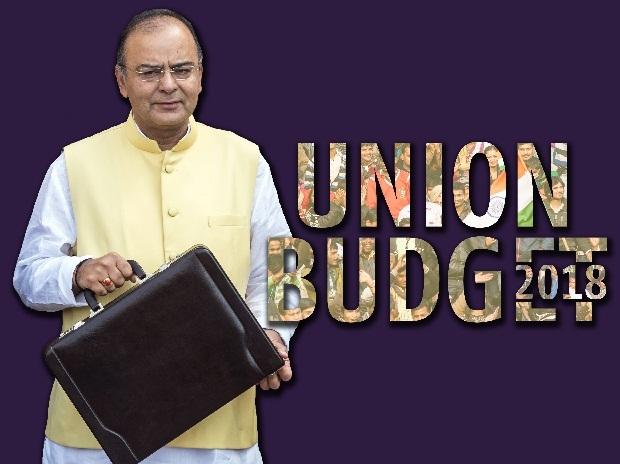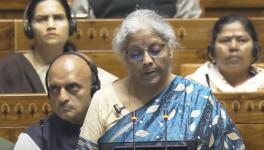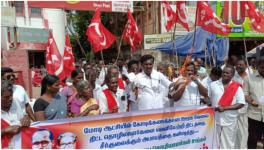Union Budget 2018-19 Disappoints The Power Sector

Image Courtesy: Business Standard
The Union Budget 2018-19 has been disappointing for the Indian power sector, said the All India Power Engineers Federation (AIPEF) on 1 February.
AIPEF chairman Shailendra Dubey said the government was talking about 500 lakh households getting power over a period of one year with the Saubhagya scheme (the Pradhan Mantri Sahaj Bijli Har Ghar Yojana). But the finance minister had announced the already allocated Rs 16,000 crore for this programme, which amounted to Rs 3,200 for every household, he said.
This allocation needs to be reviewed, he said in a press statement, as it would be rather inadequate for the strengthening of weak power networks in rural and remote areas as also to meet the requirements of new added connections in one year.
Importantly, the budget has no provisions or reliefs for the state-owned power distribution companies (discoms) that are suffering losses of around Rs 4.3 lakh crore and debts of around Rs 5 lakh crore, said Dubey.
The losses for discoms have been mounting steadily because they have no control over the cost of generation ever since the Electricity Act 2003 led to the private sector entering power generation. The power sector unions—workers, engineers and officers—have already been protesting against the Electricity (Amendment) Bill, that seeks to extend privatisation to distribution.
India has an installed capacity of 338 GW of power against the peak load demand of 160 GW, but despite that 5 crore households having around 30 crore people still lack access to electricity.
The AIPEF also said that according to new norms of the Ministry of Environment, Forest and Climate Change, it is mandatory for thermal power plants older than 25 years to install Flue Gas Desulpherisation System (FGDS) and Selective Catalytic Reducer (SCR) systems, or else they’d be shut down. This will need to be followed by old thermal stations with about 2 lakh megawatt capacity.
However, it will cost more than Rs 1 crore per megawatt. But the budget made no provision at all to ensure that these old power stations, which provide the cheapest electricity, do not get shut down, said Dubey.
Another important expectation of the power sector that was not met by the budget concerns the Goods and Services Tax (GST). In order to ensure uniform and consistent supply of electricity, it is essential that exemption from GST is provided to equipment procured for initial setting up of solar or wind power plants and for projects generating power using non-conventional sources. This would also help in reducing the costs of the power sector, which was already capital expenditure heavy, said Dubey. But the budget made no mention of that.
Get the latest reports & analysis with people's perspective on Protests, movements & deep analytical videos, discussions of the current affairs in your Telegram app. Subscribe to NewsClick's Telegram channel & get Real-Time updates on stories, as they get published on our website.
























